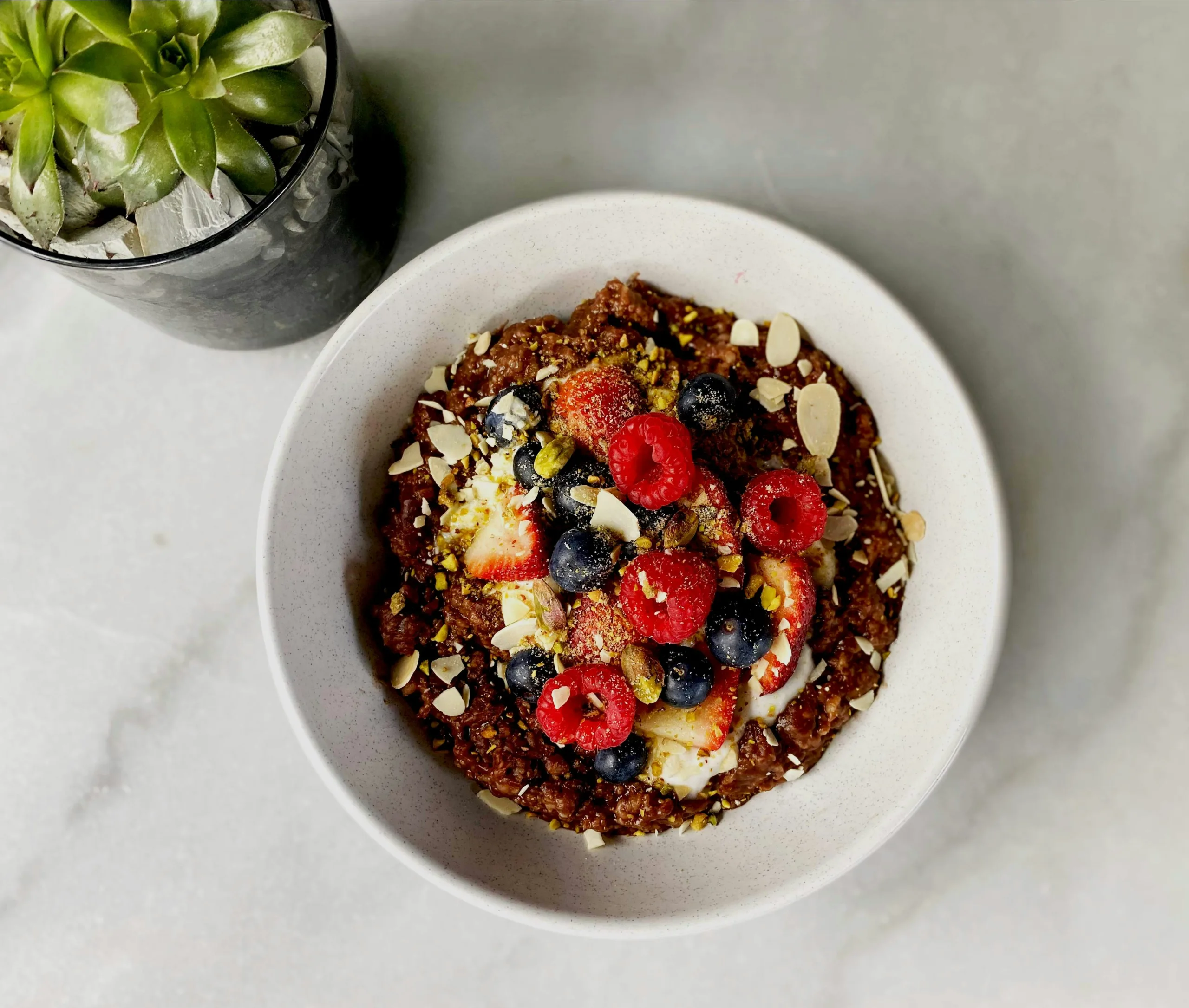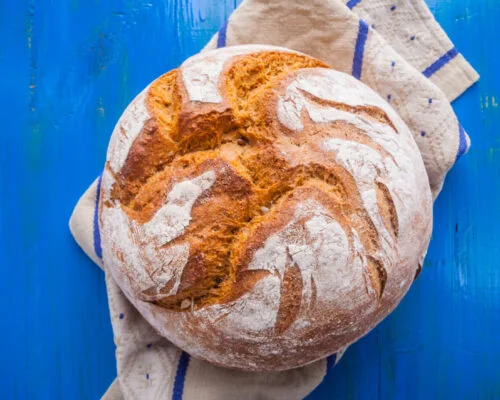As a nutritionist, my journey in battling sugar addiction has been both personal and professional. The allure of sugar and its addictive nature pose challenges for almost everyone, even those in the nutrition field. In this article, I’ll share my own experience with sugar cravings, explore the reasons sugar is detrimental to our health, and provide practical tips on staving off those sweet temptations.
The Sweet Seduction: Personal Reflection
I, too, have faced the enticing allure of sugar. The journey to better health often involves overcoming personal challenges, and for me, sugar addiction was a formidable foe. Acknowledging this struggle has fueled my passion to help others navigate the complex terrain of sugar cravings.
In the shadows of my daily routine lurked a relentless craving that led me to park my car at questionable hours for a chocolate fix and detour road trips for the elusive bag of licorice. Sugar, akin to a drug, induced a euphoric high (which, in reality, was just a dopamine hit). Little did I know that this sugar-fueled journey would take a dramatic turn, leading me to a gestational diabetes diagnosis that transformed not just my pregnancy but the course of my entire life.
Fast forward a few years: Despite adopting a more controlled approach to sugar, a new chapter unfolded with a diagnosis only truly understood by those who’ve faced it—breast cancer.
Confronted with this life-altering news, I embarked on a mission fueled by research and determination. Sugar had to go, not because it caused breast cancer, but because, as with alcohol, it had no place in my body. They were both poisons devoid of nutritional value, notorious for feeding the very adversary I now confronted. Noticing the lethargy and sugar crashes, I started avoiding it, becoming aware of the immediate physical effects, like dizziness and headaches. Once I detoxed from sugar, my energy surged, clarity prevailed, my weight dropped, and an overall sense of well-being emerged.
My journey toward health and wellness wasn’t a sudden, dramatic awakening. It was a gradual process, a series of mindful choices leading me away from sugar and processed foods. Through this evolution, I found myself on a path extending a guiding hand to those battling sugar addiction, navigating breast cancer diagnoses, and embarking on their own health and wellness journeys.
The Science Behind Sugar Addiction
Delving into the science, I discovered the addictive nature of sugar. The release of dopamine (which occurs when you consume sugar), the brain’s pleasure neurotransmitter, reinforces the desire for more sugar. Understanding this biological response has been crucial in developing effective strategies for myself and my clients.
According to the Bariatric Center of America, in an article written by Mike Blaney, “Research has found that sugar can be as addicting as cocaine. Sugar has a similar effect on the brain’s reward center as addictive substances.” He says this explains why it’s so hard to overcome that pull toward sugary foods.
Staving Off Sugar Cravings: Mindful Eating
One of the fundamental tools in my arsenal to fight cravings has been practicing mindful eating. Savoring each bite, paying attention to hunger and fullness cues—what we, Nutritious Life Certified peeps, call “The Hunger Quotient”—and appreciating the flavors of whole foods can help curb impulsive sugar cravings.
Your Hunger Quotient is a number on a scale of 1–10. It helps you figure out your hunger level and appetite in a more objective way. For instance, a 10 would mean you’re famished, a 5 is neutral, and a 1 is absolutely stuffed (think post-Thanksgiving meal).
RELATED: How Ketamine Works for Mental Health
Balanced Nutrition
This cannot be stressed enough: Designing balanced meals that include protein, healthy fats, and complex carbohydrates plays a pivotal role in curbing sugar cravings. Eating balanced meals made up of these three macronutrients stabilizes blood sugar levels and keeps you satisfied, reducing the urge to reach for sugary snacks.
Keep foods like avocado, eggs, sprouted toast, and yogurt in your fridge for a healthy and easy breakfast or lunch.
Hydration
This one may come as a surprise, but the simple act of drinking water has proven to be an effective strategy in leading us to stop unnecessary sugar consumption. Staying well-hydrated throughout the day helps keep cravings at bay.
The Dark Side of Sugar: Health Implications
Sugar’s detrimental impact on health cannot be overstated. Sugar consumption leads to obesity, type 2 diabetes, and increased heart disease risk. The consequences are alarming. According to a 2014 study published in JAMA Internal Medicine, Dr. Hu found an association between high sugar intake and the risk of dying from heart disease.
According to this study, high amounts of sugar were also proven to overload the liver, which over time can lead to fatty liver disease. It also raises blood pressure and causes chronic inflammation, which can wreak havoc on our overall health.
Energy Roller Coaster
Have you ever succumbed to the temptation of indulging in a slice of cake during the midafternoon slump? The initial ecstasy of that sweet treat creates a momentary euphoria, followed by an inevitable crash an hour later that leaves you feeling fatigued and craving even more sugar. This is the infamous sugar crash: a compelling reason to break free from the clutches of this unhealthy habit. Opting for nutrient-dense foods provides sustained energy without adverse effects.
In the ongoing battle against sugar cravings, my own journey as a nutritionist has illuminated the importance of adopting a holistic approach to health. By understanding the science behind sugar addiction, practicing mindful eating, and making informed nutritional choices, I’ve been able to conquer cravings and promote overall well-being.
As I continue on this journey, my mission is to empower others to embrace a sugar-conscious lifestyle, fostering a community committed to sweet victory over sugar addiction.
(Image: Unsplash)






























